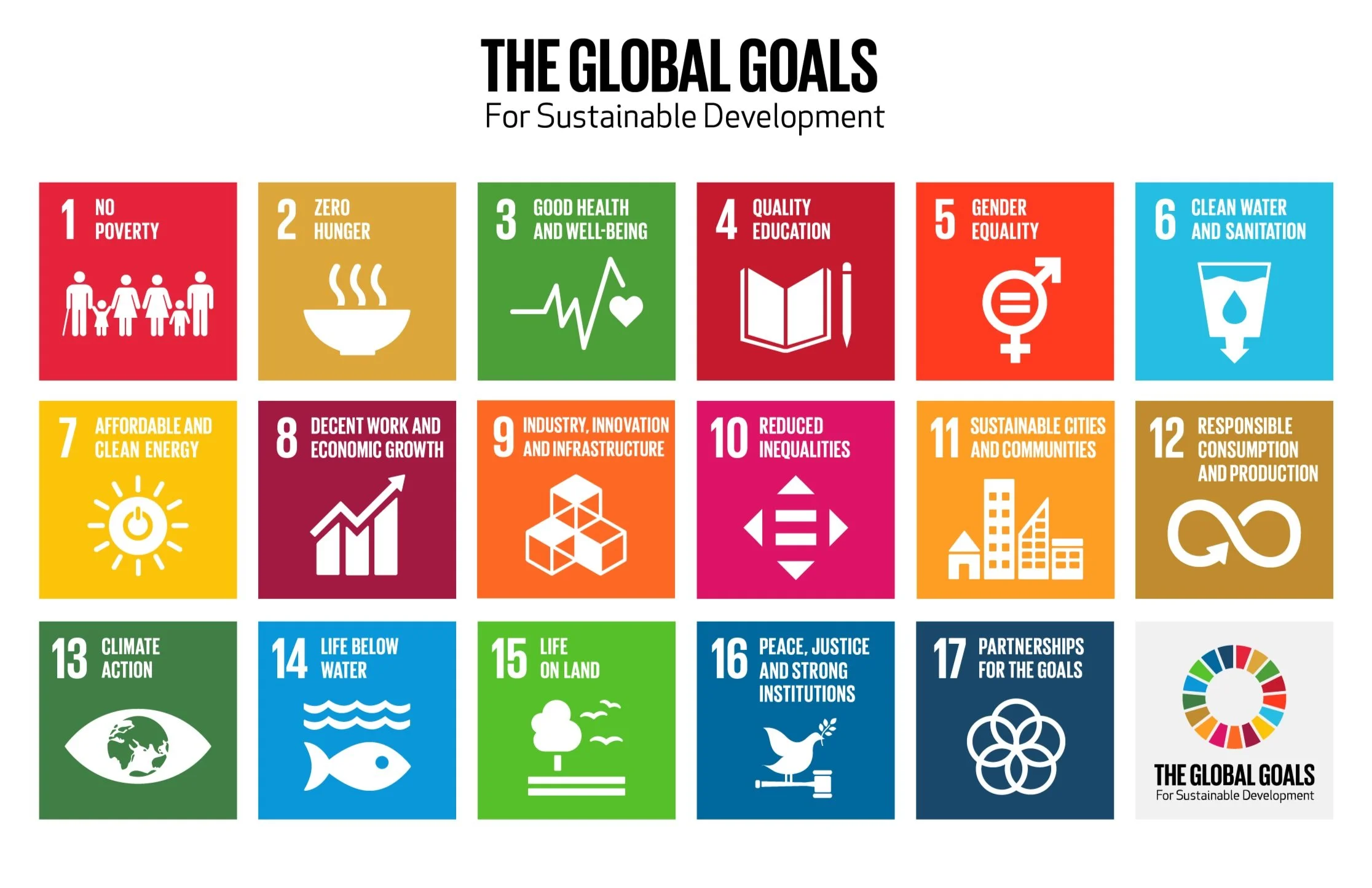The Growing Demand for Carbon Credits
The demand for high-quality carbon credits is significant and growing. As the climate crisis intensifies, nations around the world are searching for effective ways to mitigate greenhouse gas emissions. While massive investments are being made in renewable energy production, the demand for and use of fossil fuels continues to rise.
Scaling Up National Efforts for Global Climate Goals
Although the Paris Agreement is a global pact, the efforts of individual businesses and nations to achieve a 50% reduction in emissions by 2030 vary greatly. However, the direction is clear and relentless. For example, the EU has implemented numerous targets and measures, with more to come. As this reality becomes more internalized, political mandates for significant reductions in greenhouse gas emissions will scale up to levels we have not yet seen. Local consumption reductions alone will not suffice.
Balancing Incentives and Accountability in Emission Reduction Strategies
Experience shows that governments typically employ two main tools to incentivize companies to transition their production toward lower emissions:
Incentives to motivate frontrunners to develop innovative methods and lead the way.
Taxes and fees to compel companies to change their operation and behavior.
At the same time, we know that all production, transportation, and energy extraction release greenhouse gases. No matter how much these are improved or reduced, there will always be residual emissions that businesses must address. Alongside the development of renewable energy sources like wind and geothermal, CO2 must also be removed from the atmosphere.
Nature offers a solution - trees, plants, seaweed, and algae naturally capture CO2. This can be achieved by protecting existing forests and restoring deforested areas with new, thriving vegetation.
Want to learn more about how we work? Contact:
Frank Hugo Storelv
Chairman, ISKORAS




